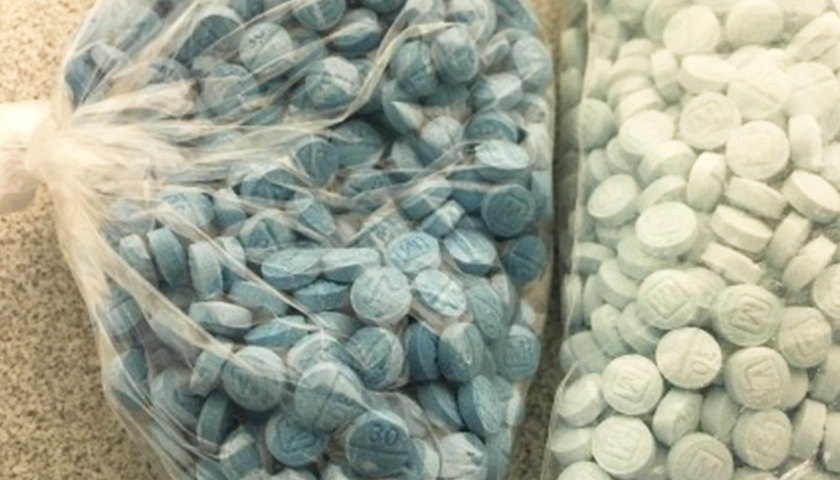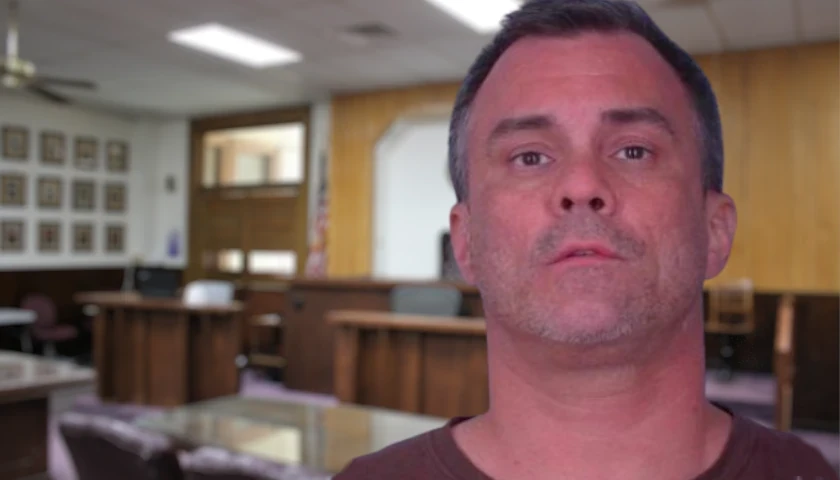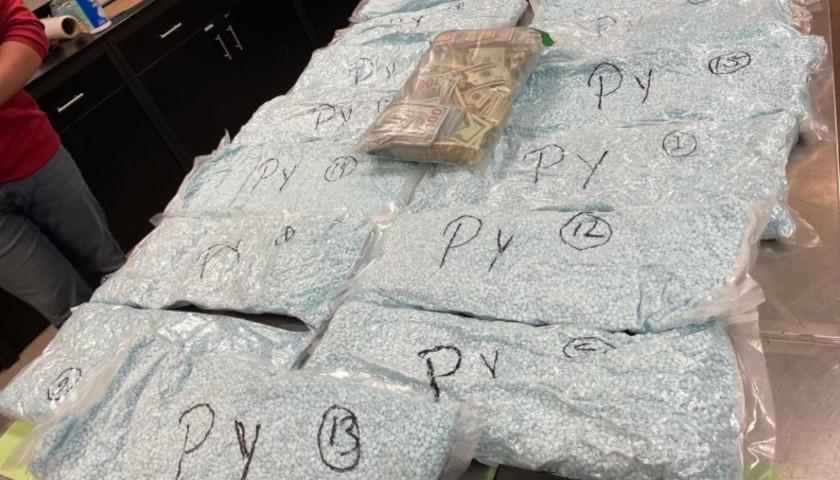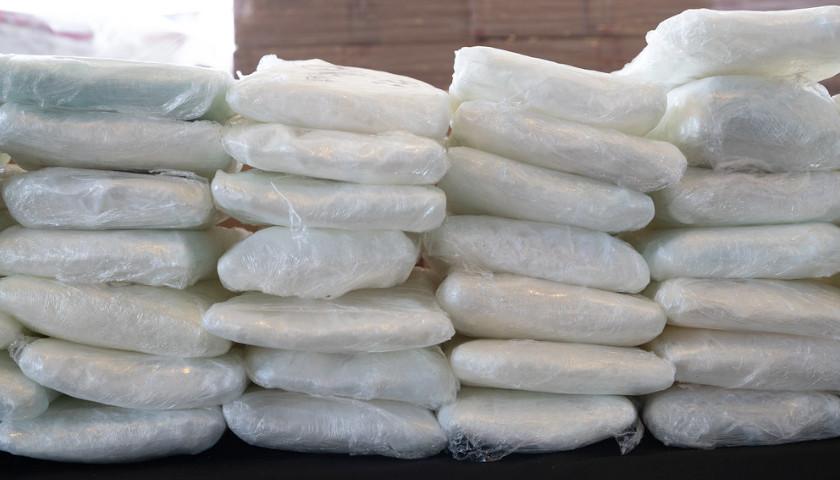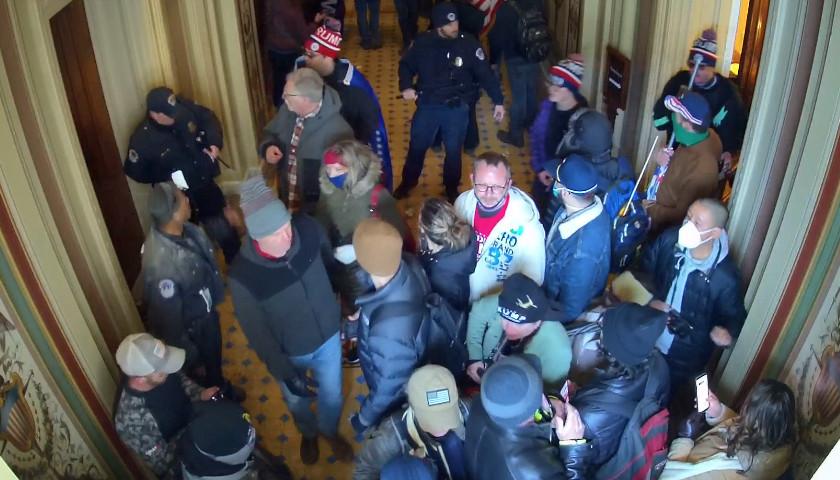by Pafoua Yang
The Bureau of Criminal Apprehension (BCA) has seized more than 4,000 fentanyl pills statewide since spring, putting Minnesota on par with national drug confiscation trends, according to the Drug Enforcement Administration (DEA).
The pills were confiscated while investigating violent crimes.
“We’re seeing these increasing numbers of fentanyl seizures all the time. Sometimes we see them in smaller amounts, but sometimes we’re seizing them in the thousands at a time,” said Justin King, the special agent in charge for the DEA Omaha Division.
In an effort to combat crime and reduce gun violence, the BCA and its violent crime initiative partners have impounded 128 illicit firearms coupled with 4,187 illegal fentanyl pills.
Last year, the DEA recovered 50,000 fentanyl pills in Minnesota, not including efforts made by other agencies such as the BCA.
“Generally the pills we find in Minnesota are produced in Mexico and then transported across the southwest border to Minnesota either by a vehicle or shipments via parcel services,” explained Ken Sass, the gang and drug coordinator with the Department of Public Safety (DPS).
King said within the last 12 months, more than 100,000 people have died of overdoses nationwide. About 60 percent of those deaths involved fentanyl. Minnesota reported a record number of drug overdoses last year and most were associated with fentanyl.
A dose of fentanyl as small as three grains of rice can be lethal, he said. Fentanyl is often referred to as “fake pills” because drug dealers fashion them to look like prescription medication.
“What we see a lot of times with these ‘fake pills,’ is not an exact science. Some pills might have a more concentrated amount of fentanyl, so people just don’t really now what they’re getting if they’re buying something like this on the street and ingest it,” King explained.
When sent out for testing, four out of every 10 fake pills come back containing a potentially deadly dose of fentanyl, King said.
Last week, Minnesota Commissioner of Health Jan Malcolm called for expanding access to naloxone, a medication that can reverse overdoses.
“Resources like fentanyl test strips can help prevent overdose and are available through community partners and local public health agencies,” the Minnesota Department of Health said.
Drug experts say fentanyl is easy to take, unlike heroin which must be injected.
“It’s just much easier to take a pill, and that’s the danger with kids and people that typically wouldn’t be taking heroin. It’s just so much easier to do; it’s unbelievably dangerous,” King said.
King said social media provides drug dealers easy-to-use platforms to network with customers.
“We have multiple active investigations into drug trafficking. I can tell you we’re working directly with our prosecutors at the U.S. Attorney’s Office in our state and local prosecutors to hold these people accountable who are bringing that poison in and putting it into our communities,” King said.
King added that one fentanyl pill can cost anywhere between $10 to $70, depending on the location.
– – –
Pafoua Yang is a reporter for Alpha News. She has worked as an on-air reporter for stations across the Twin Cities.
Photo “Fentanyl” by National Institute on Drug Abuse.

